The Extractive Industry Transparency Alliance (EITA) appreciates Kansanshi Mining Plc for training 40,000 farmers in the last ten years.
EITA commends the mining company for its focus on agriculture and food security as a key social investment. EITA National Coordinator, Mwiya Mwandawande, said he was happy that Kansanshi Mining Plc, through its Kansanshi Foundation, had in the last ten years highly contributed to the agriculture sector through its robust Corporate Social Responsibility (CSR) programme.
Speaking at the CSR Information Sharing Dialogue on Agriculture and Food Security at Royal Solwezi Hotel recently, Mwandawande praised Kansanshi Mining Plc for implementing its conservation farming programme to guarantee local economic opportunities beyond the life of the mine. “We are happy to hear of Kansanshi Foundation’s contribution to agriculture which has resulted in over 40,000 farmers being trained among which 7000 farmers have been supported through the provision of agricultural inputs, technical agriculture practices and food security,” said Mwandawande.
The forum was jointly organized by the EITA and FQM Kansanshi Mining Plc to deepen collaboration, interaction and information exchange on agricultural and food security activities.
It was attended by local based organizations which included NGOCC, Action Aid Zambia, Zambia Land Alliance, Youth Alliance for Development and North-Western Chamber of Commerce. Others were Solwezi Municipal Council, North-West Press Club, Young Women Christian Association, and Kansanshi community Centre.
In a communique, the organizations that assembled at the forum resolved to support the communities they served with practical knowledge on crop diversification, and empower farmers to enable them to graduate from peasant to commercial farmers.
“There is need for the Food Reserves Agency (FRA) to broaden its consideration on the crops to buy in addition to maize, and we need to explore the initiative of marketing boards to enhance the purchase of local produce,” read the communique.
It emphasized the need for local farmers to go beyond the local market to trade at markets beyond the border such as those of Congo and Angola.
The organizations underlined that land must equally be distributed for grazing and agricultural undertakings, and agreed to lobby Government to expedite the process of land tenure security through titling to enhance agriculture investment.
They also agreed to facilitate networking by stakeholders such as Government, extractive companies, civil societies and other community organizations to enhance sustainable agricultural practices as well as food security in the district.
They also suggested that Government should extend the livestock restocking programme to Solwezi District as well. “We advise Government line departments, especially agriculture, livestock, forestry, fisheries and local
authority to embrace agriculture and food security in the new decentralization policies and local budget.”
The communique further proposed that conservation farming be officially adopted and included in the education curriculum since it is a formal agriculture practice now recognized globally as the best farming method. The organizations promised to commit themselves to the improvement of soil carbon and soil health below ground biodiversity and soil fertility to fight the negative effects of climate change.




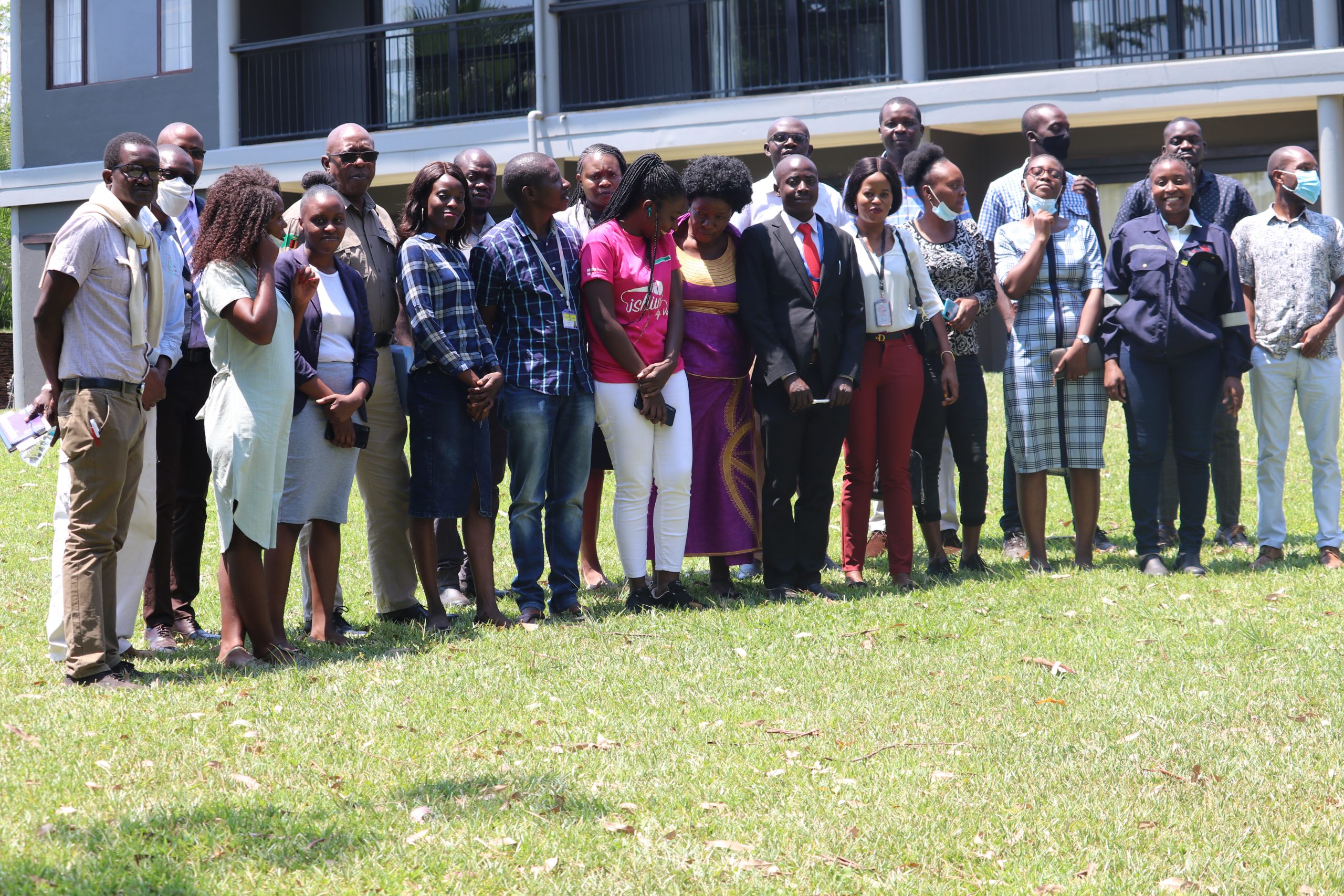
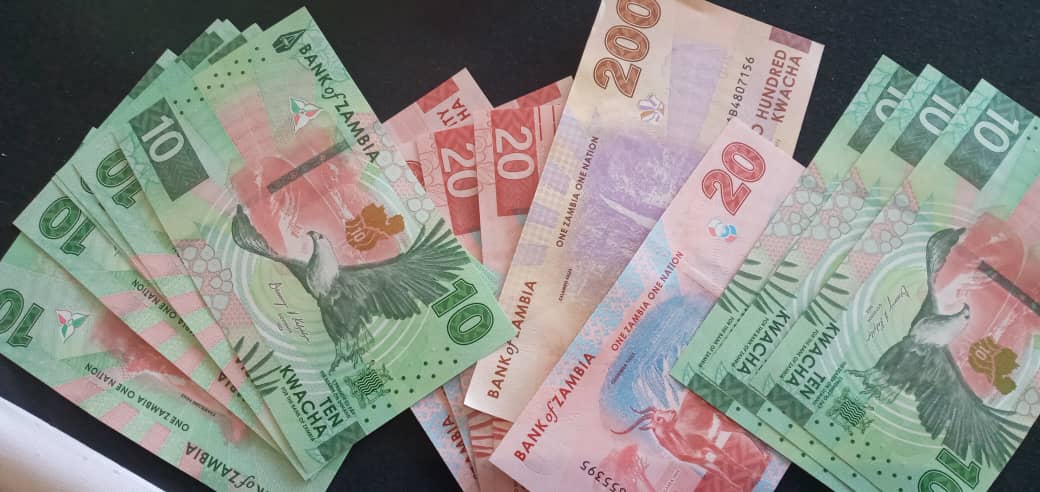
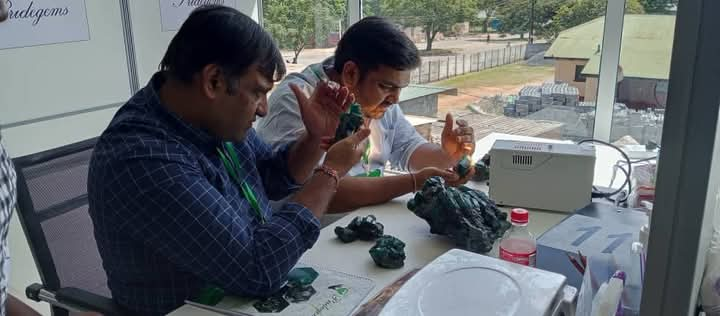
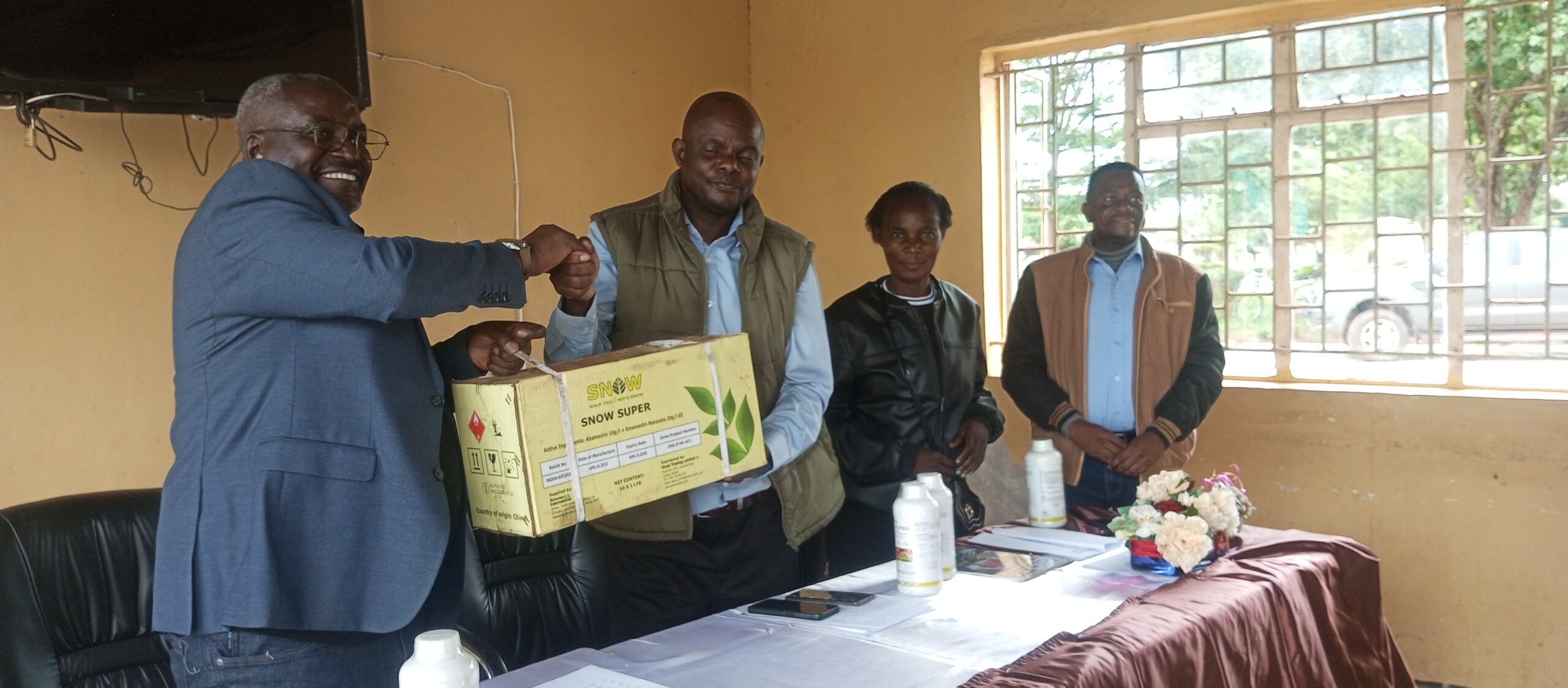
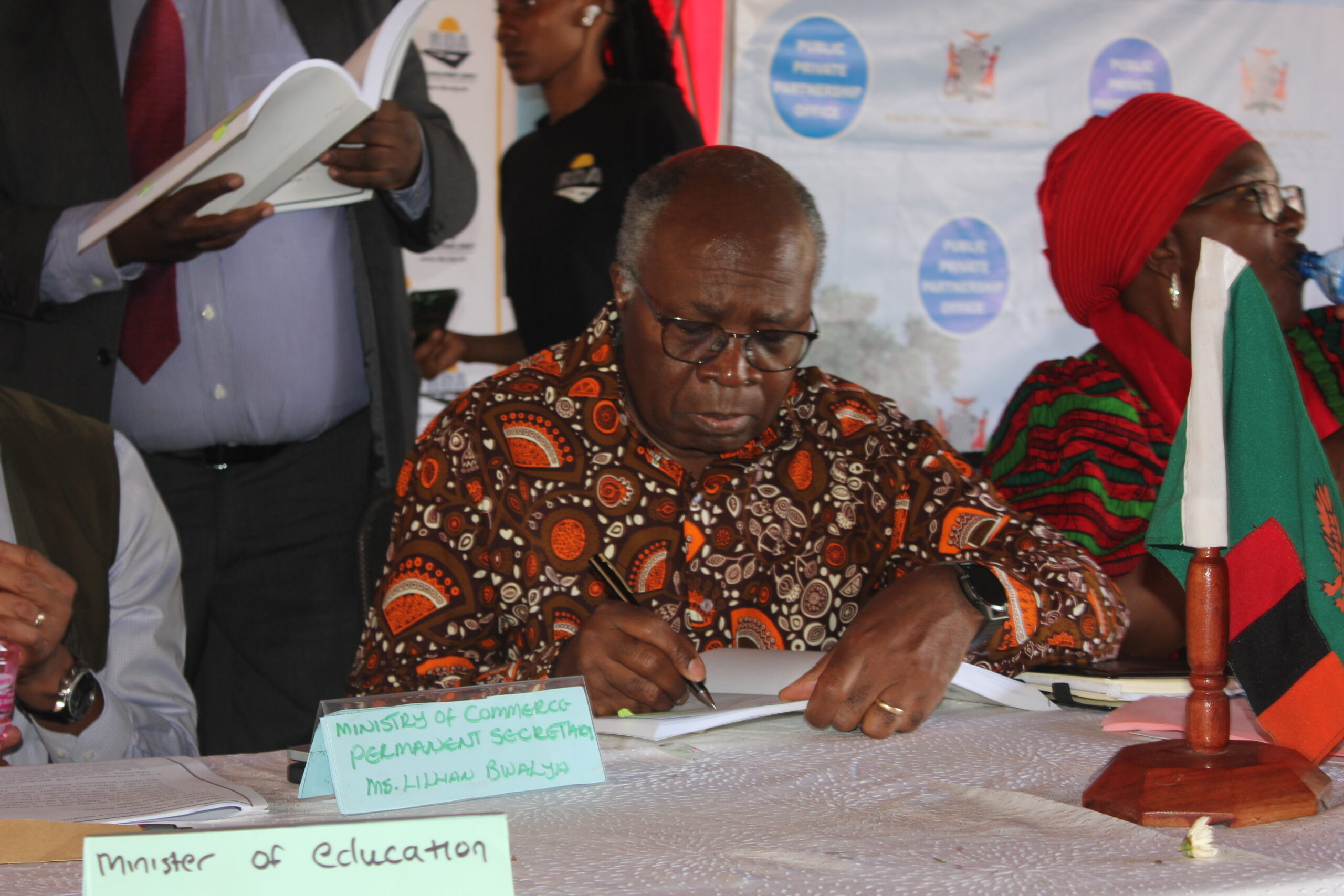
Leave a Reply